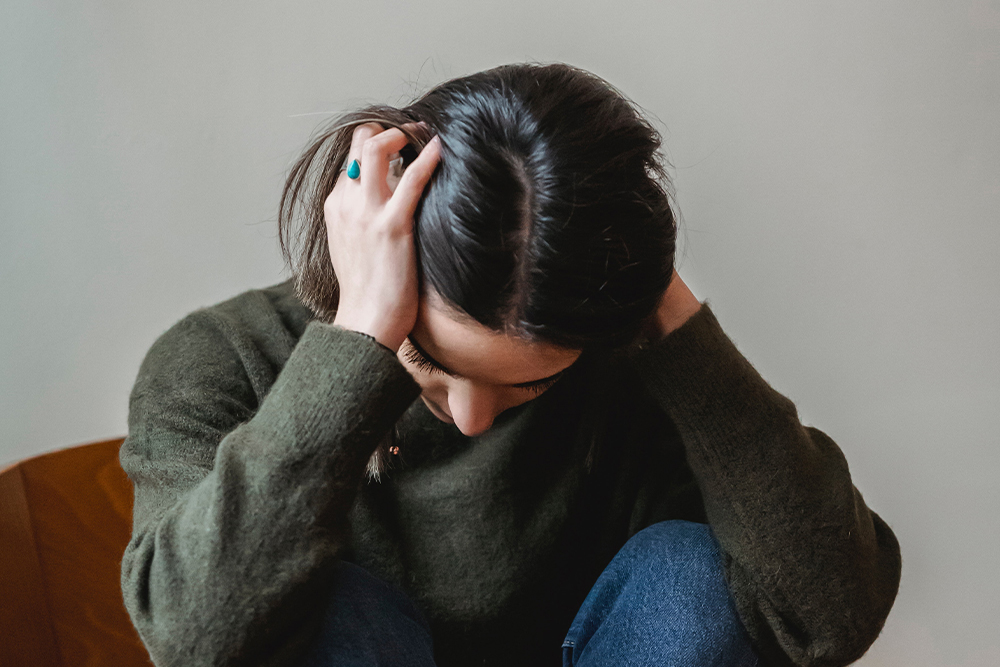If you have a stressful schedule packed with responsibilities, you may feel like you never have free time for yourself. In response, you may decide to stay up late, avoiding your usual bedtime in favor of a few extra hours of relaxation and entertainment. Unfortunately, your alarm will go off all too soon the next morning, leading to a sleep-deprived day. Mental health experts have warned that this phenomenon, called “revenge bedtime procrastination,” can have many negative effects.
What Is Sleep Procrastination?
Revenge bedtime procrastination has increased during COVID-19, as the lines separating people’s work and home lives have blurred. For some people, the evening hours are the only “me time” they have. Putting off your bedtime by doing something, even if you aren’t particularly enjoying it, may feel like a way to regain your sense of control.
Sleep procrastination can take different forms. One way to hold off on sleep is to avoid going to bed at your usual time and stay up later to watch a movie or play video games. Another is to go to bed, but do something that prevents you from falling asleep, like reading or scrolling through social media. Engaging in one or both types will decrease the amount of quality sleep you get at night and prevent you from feeling happy and well-rested the next day.
We’ve all had occasions when we stayed up late because we couldn’t put down a compelling book or didn’t want to wait to binge-watch the next episode of a thrilling TV drama. However, sleep procrastination is different from these captivating entertainment options because it is compulsive behavior. That means people continue to do it even if it is no longer enjoyable or even actively harmful.
The Consequences of Sleep Deprivation
Your body has a natural biological clock that regulates your circadian rhythm in a 24-hour cycle. When it gets dark, part of your brain called the suprachiasmatic nucleus releases a hormone called melatonin that makes you feel drowsy.
If you choose to ignore your circadian rhythms and purposely disrupt your sleep schedule, you can adversely affect your mental, physical and emotional well-being, leading to short- and long-term consequences such as diabetes, depression, bipolar disorder and seasonal affective disorder.
Excessive technology use is another health issue closely linked with sleep procrastination. Devices like TVs, tablets, laptops and phones all emit a form of blue light that can suppress melatonin production and interfere with your ability to get a restful, restorative night’s sleep.
How to Deal With Sleep Procrastination
If sleep procrastination is affecting your mental and physical health or your ability to be productive and focused the next day, the first step is to recognize it as self-harming behavior. Then, you need to reframe your idea of sleep as something valuable your body needs to refresh and renew its cells and systems.
Going to bed shouldn’t feel like a punishment, but rather something you can look forward to at the end of each day. You can reinforce the idea of sleep as a reward by structuring a relaxing, pre-bedtime routine that includes things like doing gentle yoga stretches or drinking chamomile tea to help prepare your brain and body for bed.
If you have a technology addiction, underlying mental health condition or substance use disorder contributing to your sleep procrastination compulsion, you don’t have to struggle alone. Pine Grove Behavioral Health and Addiction Services provides a range of personalized for people of all ages and backgrounds. Contact us today to learn more about what we offer.

